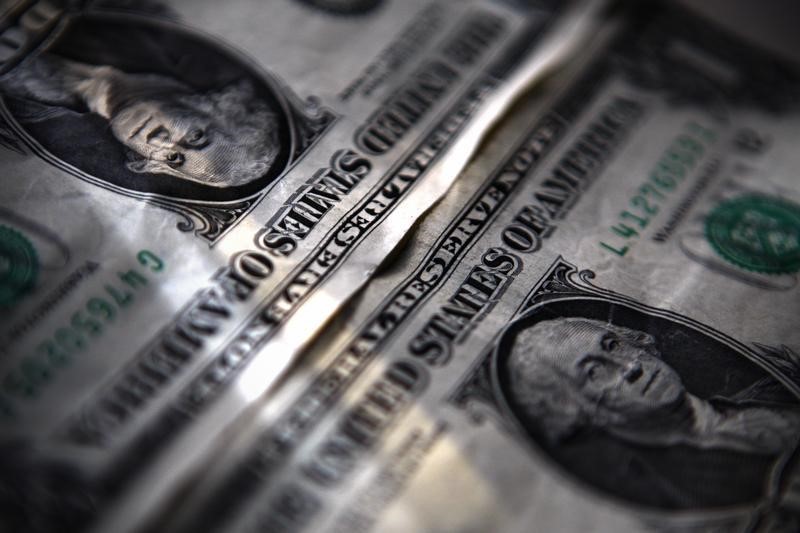* Trump threatens $100 billion more in tariffs on China
* Dollar/yen slipped initially but later pares losses
* Focus on U.S. jobs data, remarks by Fed Chair Powell
(Updates prices, adds comments)
By Masayuki Kitano
SINGAPORE, April 6 (Reuters) - The dollar faltered on Friday after U.S. President Donald Trump threatened $100 billion in additional tariffs on China, in a fresh escalation of trade tensions between the world's largest economies.
Increasingly combative statements from Washington and Beijing have stirred fears of a full-blown trade war that could hurt global economic growth, though investors are holding out hope that negotiations will result in a far less damaging compromise.
Trump said in a statement on Thursday that further tariffs were being considered "in light of China's unfair retaliation" against earlier U.S. trade actions that have roiled global markets. gave a brief lift to the yen, a safe haven currency that attracts demand in times of economic uncertainty.
Within hours, China responded, saying it would take new comprehensive measures to safeguard the country's interests if the United States sticks to its protectionist behaviour.
The dollar slipped by as much as 0.4 percent to 106.99 yen. After paring its losses, the dollar was down 0.1 percent at 107.31 yen JPY= . On Thursday, the dollar had set a one-month high of 107.49 yen.
The dollar's resilience may be a sign that short-term market positioning is tilted toward being short the dollar and long the yen, said Stephen Innes, head of trading in Asia-Pacific for Oanda in Singapore.
"My feeling is everybody owns yen and the problem is they need some new story lines... We've got an over-subscribed trade," Innes said, referring to bullish bets on the yen.
Market participants cautioned though, that the yen could get a renewed lift if U.S. stock markets come under pressure on Friday.
U.S. S&P 500 E-mini futures ESc1 were down 1.1 percent, pointing to a lower start for Wall Street later in the session.
Besides the China-U.S. trade issue, currency traders will also be looking for cues from U.S. jobs data and comments by Federal Reserve Chairman Jerome Powell later on Friday. the concerns over global trade tensions, the dollar has managed to recover from a 16-month low of 104.56 yen set on March 26.
The dollar seems to be drawing some support from this week's rise in U.S. bond yields, said Teppei Ino, market analyst for MUFG Bank in Singapore.
The U.S. 10-year Treasury yield US10YT=RR has risen 7 basis points so far this week, putting it on track for its biggest weekly gain in about two months.
Against this backdrop, the dollar will probably head higher if U.S. average hourly earnings come in strong, although the greenback's gains could be blocked by resistance levels on technical charts, Ino added.
"The dollar index could be capped at levels around 91.00," Ino said. The dollar index saw its losses deepen after falling below that threshold in mid-January and hasn't recovered that level since then.
The dollar index, which measures the greenback against a basket of six major rivals, held steady at 90.453 .DXY , not very far from a one-month high of 90.594 set on Thursday.
The euro held steady at $1.2239 EUR= , languishing near a one-month low of $1.22185 set on Thursday.
